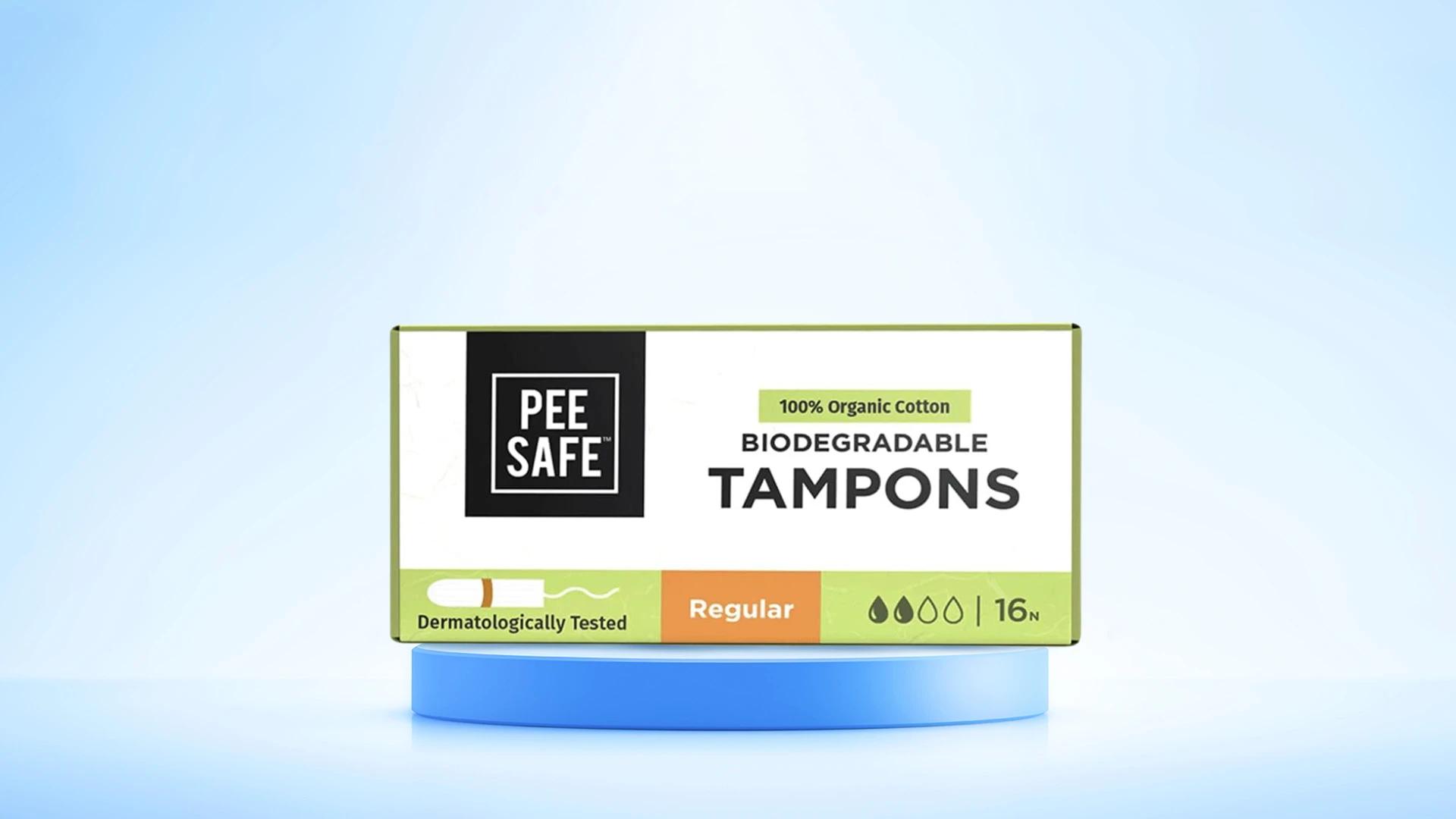What is a 3-day gut cleanse at home, and is it safe?
A 3-day gut cleanse typically involves eating easily digestible, fiber-rich foods whilst avoiding processed options. Focus on broths, steamed vegetables, fruits, and plenty of water. It's generally safe for healthy individuals, but consult a healthcare provider if you have underlying conditions.
How can I clean my stomach and intestines naturally?
Incorporate fiber-rich foods, drink plenty of water, eat probiotic foods, and include anti-inflammatory spices like ginger and turmeric in your diet. Regular movement and stress management also support natural cleansing processes.
Are there any effective homemade colon cleanse drinks?
Warm water with lemon and ginger, herbal teas like peppermint or chamomile, and green smoothies with leafy vegetables can support colon health. However, your body naturally cleanses itself—these drinks simply provide additional support.
Is it possible to do a 1-day colon cleanse at home?
Whilst you can eat cleansing foods for a day, true colon cleansing takes time. Focus on hydrating well, eating easily digestible foods, and avoiding processed options. One day can help you feel lighter but won't provide deep cleansing benefits.
What are some overnight colon cleanse home remedies?
Drink plenty of water throughout the day, have herbal tea before bed, and start the next morning with warm water and lemon. Include fiber-rich foods at dinner and avoid late-night eating to support overnight digestive processes.
Can gut cleansing foods aid in weight loss?
Gut cleansing foods can support weight management by improving digestion, reducing bloating, and helping you feel more satisfied. However, they're not magic weight loss solutions—focus on overall healthy eating patterns for sustainable results.
What can I expect during a colon cleanse?
You might experience increased bowel movements, temporary changes in stool consistency, and possibly some initial bloating as your system adjusts. Most people feel lighter and more energetic after the first few days.
How can I clean my stomach instantly?
There's no instant stomach cleanse, but drinking warm water, gentle movement, and avoiding heavy meals can help you feel better quickly. Peppermint tea and gentle abdominal massage might provide some immediate relief from discomfort.
Key Takeaways
Gut cleansing foods aren't about quick fixes—they're about creating sustainable habits that support your digestive system long-term. Focus on fiber-rich foods for natural cleansing, probiotic and prebiotic foods for bacterial balance, and anti-inflammatory options to soothe your gut lining. Remember that consistency beats perfection, and small changes can lead to significant improvements in how you feel. Your gut health journey is personal, so experiment with different foods to find what works best for your body and lifestyle.

 30 Strips
30 Strips Pack of 30
Pack of 30 60 Tablets
60 Tablets 100 ml
100 ml